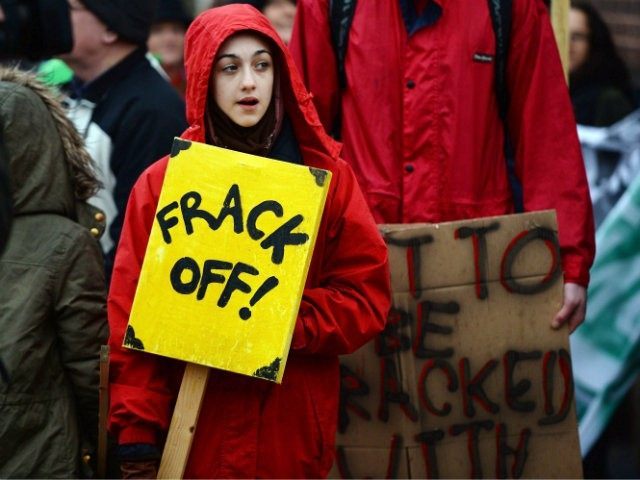The fracking boom in the first week of May scored two nationally important victories over environmentalists in Pennsylvania and Colorado.
The U.S. regulatory landscape just became much friendlier to the petroleum industry’s exploration and development efforts, with twin victories as the Pennsylvania legislature rejected an initiative to regulate away oil and gas surface drilling, and Colorado’s Supreme Court struck down the ability of individual cities to ban fracking.
Pennsylvania’s Environmental Quality Board (EQB) on August 27, 2013 adopted new rulemaking regarding conventional and unconventional (known as fracking) oil and gas surface well development. The EQB referred to the changes as providing the flexibility necessary for the “optimal development of this natural resource.”
The move accelerated the booming hydraulic fracking effort in the state’s Marcellus and Utica Shale Plays. Today, Pennsylvania, as “Energy Capital of the East,” is the third largest producer of natural gas in the United States. The industry supports 300,000 high paying jobs and generates about $34 billion in economic activity.
But the Democrat-controlled state Independent Regulatory Review Commission (IRRC) Commission voted in April on a straight 3-2 party line to adopt a set of draconian new regulations. With the proposed regulations mandating more expensive storage solutions for drill fluids, and requiring companies to assess potential impacts on a slate of “public resources” before drilling, the additional time and added costs of the new rules would have essentially killed most fracking in Pennsylvania.
Facing an onslaught of public ire from local residents in the traditionally poor counties where fracking has led to a major economic renaissance, the Pennsylvania House Environmental Resources and Energy Committee voted 19 to 8 to overturn the tougher drilling laws, effectively killing the effort for at least the next 18 months.
Colorado has enjoyed a similar economic boom from fracking, as the state oil and gas industry now contributes about $32 billion of economic activity, employs 107,000 workers and pays billions in taxes.
After environmentalists sought to circumvent general public support for fracking in Colorado through voter-approved 2012 fracking bans in the cities of Fort Collins and Longmont, the Colorado Oil and Gas Association and the Colorado Oil and Gas Conservation Commission, a state agency, sued based on state law.
The cities and their environmentalist allies argued that the Colorado Constitution’s guarantee of “enjoying and defending their lives and liberties; of acquiring, possessing and protecting property; and of seeking and obtaining their safety and happiness” gave citizens a right to ban fracking.
But the Colorado Supreme Court struck down Longmont’s voter-approved fracking ban on May 2 by ruling that the local prohibition interferes with state regulations and the state’s interest in oil and gas development. Supreme Court Justice Richard Gabriel wrote, “The court holds that Longmont’s fracking ban is preempted by state law and, therefore, is invalid and unenforceable.”
With the Longmont spokesman confirming that the city will no longer enforce its ban on hydraulic fracturing or disposing of fracking wastes within city limits, the blanket Supreme Court ruling looks to give Colorado’s oil and gas sector unhindered access to even more rapid energy development.

COMMENTS
Please let us know if you're having issues with commenting.